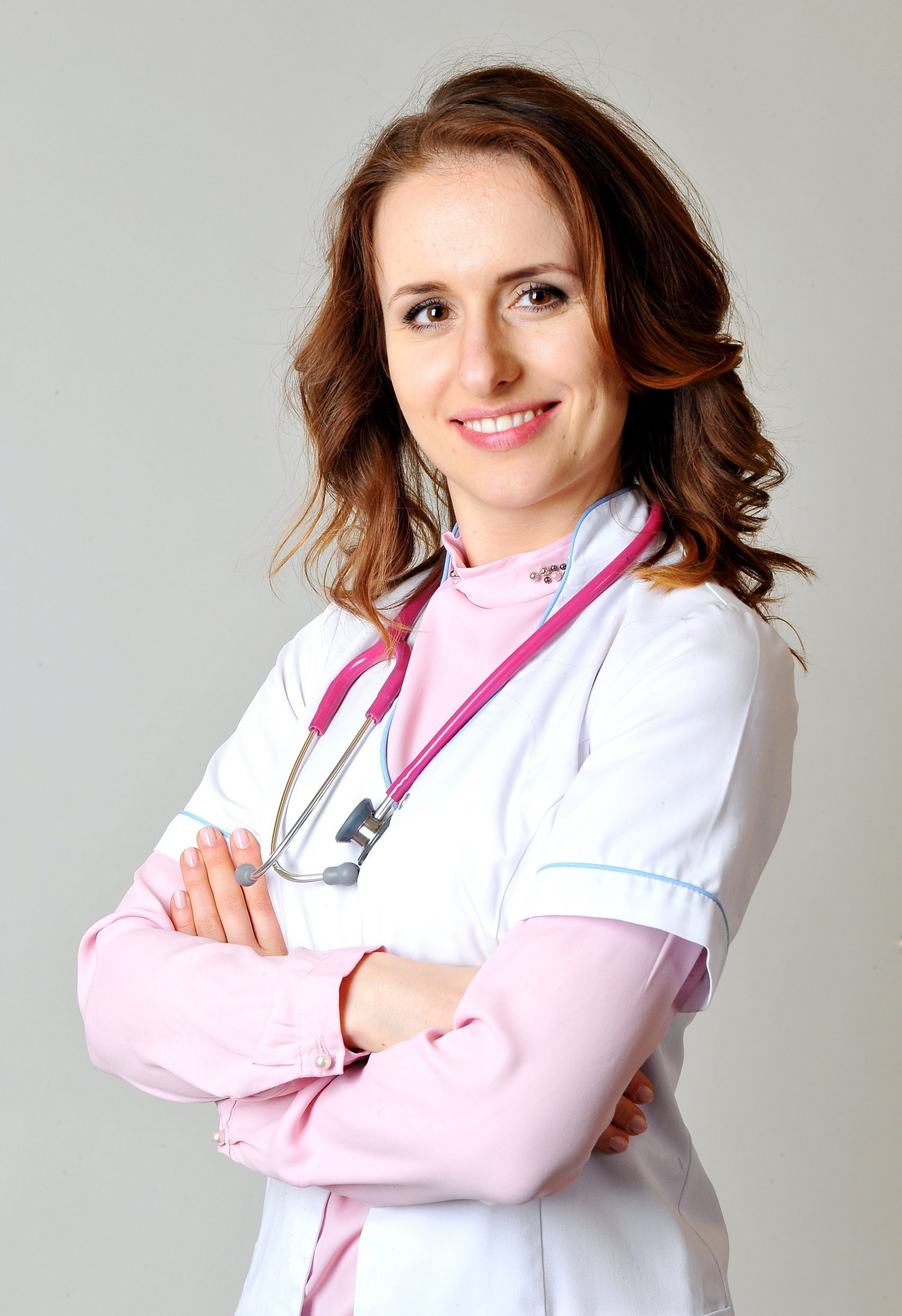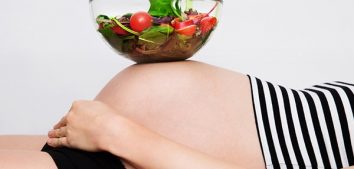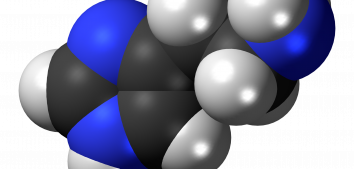
THE ROAD TO HEALTH SERIES: Why is breastfeeding worth it? Benefits for the mom. An article by M. Działowska
It’s time for another post dedicated to mothers ? Dr Monika Działowska writes in the series “The Road to Health. Do you know that…?” about the benefits of breastfeeding for… the mother!
Breast milk is one of the most wonderful natural substances in the world. There is no better-suited food for a newborn or infant, and its preventive and healing properties are invaluable. Not only babies benefit from breastfeeding. What are the benefits for moms??
1. Postpartum therapy
The hormone oxytocin is produced when babies latch on. It is responsible for faster contraction of the uterus after childbirth, as it shortens the duration of bleeding, thanks to which breastfeeding mothers are less likely to experience anemia in the puerperium.
2. Fewer chronic diseases
Doesn’t every woman want to maintain full health, strength and shape? We have no influence on some ailments, but it turns out that breastfeeding reduces the incidence of many diseases in women, such as type 2 diabetes, RA, osteoporosis, hypertension and cardiovascular diseases, which are the main cause of death in Poland and in the world. We may not suffer from them at a young age, but remember that taking care of our health is a life-long process.
3. Reduced risk of cancer
The incidence of proliferative diseases in Poland and in the world is increasing. The five most common cancers in women are breast and ovarian cancers. Research shows that breastfeeding reduces the risk of developing these diseases.
Breastfeeding, especially exclusive breastfeeding, is associated with fewer monthly cycles in a woman’s life and thus lower levels of estrogen, which are associated with the development of breast cancer.
This protective effect of lactation may be of particular importance for women who have risk factors for developing breast cancer, e.g. cancer in other women in the family, obesity, or long-term use of oral contraceptives with estrogens.
Subsequent studies also show that even several months of breastfeeding significantly reduces the risk of ovarian cancer. Here again, a lower number of ovulations protects women from cancer. Depending on the duration of lactation, this risk can be reduced by up to 50%!
4. Lower risk of postpartum depression
Up to 20% of women who have had a baby suffer from postpartum depression. An additional group may suffer from the so-called baby blues – these are mood swings associated with the period of adaptation to the situation and hormonal changes. Many studies show that breastfeeding women have a lower risk of these disorders.
At the same time, mothers who intended to breastfeed their babies, but cannot do so, have an increased risk of these disorders, which is why support and help is so important, especially in the initial period after childbirth, from both the family and medical staff.
5. Faster recovery
One of the most important arguments for many moms. Our life will never return to the state it was before the birth, but we often want to come back to the body we had before and breastfeeding can help us achieve that.
We use about 70-80 calories to produce 100 ml of milk. In the first half of their life, infants consume about 700-1000 ml per day. Therefore, our body can use up to 500-800 additional calories a day on milk alone. Of course, whether we ultimately lose weight will also depend on diet and exercise, but this kind of bonus is definitely helpful.
6. A healthier baby
Every mother knows how difficult it is when our baby is ill. Not only are we worried about our baby and we feel sorry for his/her ailments, but also our life turns upside down. Sleepless nights, a fussy baby, a break from work – these are just some of the difficulties. The pandemic only makes things worse as access to doctors is more difficult. Isn’ it better to prevent babies’ diseases than to cure them, and to “get over” the related problems?
Breast milk is a miraculous drug, it significantly reduces the risk of infections in children, such as otitis, pneumonia and diarrhea (even by 50%!). Moreover, breastfed babies are less likely to suffer from obesity, diabetes or certain types of cancer later in life.
If we think how many doctor’s appointments, hospitalizations, absence at work and the amount of stress associated with these diseases, you can see clearly that it is simply better to prevent them both for the baby and the mother.
It is also worth mentioning that in the event of more frequent infections in a baby, the costs are high. In the Netherlands research studies have shown that breastfeeding for at least 6 months saves on medical expenses of around € 250 per child. A part of these costs is covered by the parent directly using private health care or due to absence from work.
7. Savings
One of the great benefits of breastfeeding. We take advantage of nature and do not spend money on formula or any feeding accessories.
In the first year of life, the baby consumes about 1000 ml of milk a day, for the preparation of which we need about 130 g of the powder. This equals a demand for about 4 kg of powdered milk per month. 100 g of this product costs about PLN 3.6-PLN 10.6/100 g. Therefore, the monthly cost of formula milk for an infant amounts to about PLN 140-420!
We also need to add additional accessories to this amount: bottles and replaceable bottle teats, a brush and washing liquid, possibly a sterilizer, a heater, a bottle dryer.
In case of difficulties with breastfeeding, it is worth seeking advice from a Certified Lactation Advisor. Unfortunately, such advice is not refunded, but the cost of PLN 100-150 will quickly pay off if you do not have to buy large amounts of formula.
Of course, breastfeeding also involves some expenses, such as a feeding pillow, nursing pads, special bras or a breast pump, but not all mothers will need them and if they do, it is often only for a certain period of time.
8. ECO mom
It is rarely mentioned, but creating infant formula requires large-scale industrial production that has an environmental impact and also generates a lot of waste in the form of cans and packaging. Many bottles, teats and washing accessories are used and are often not recyclable.
If mom feels the need to live in harmony with nature, breastfeeding will certainly provide it.
9. Comfort
Breastfeeding mothers appreciate the comfort of being able to feed their baby anywhere and at any time. There is no need to remember to take milk with you, prepare it, sterilize bottles and teats, for example when walking or traveling.
Moms of babies who are only breastfed sometimes wish they could leave the house for a few hours, but it is possible between feedings. By the way, it gives the opportunity to establish a closer relationship between the baby and the dad, especially if the toddler is eager to drink expressed milk from the bottle. The convenience of being able to quickly give your baby a breast at night instead of getting up and preparing formula milk does make life easier.
10. Pleasure and intimacy
Many breastfeeding mums admit that they really enjoy these moments. They describe how wonderful the bond is between them and their child. It is not just the act of feeding, but a form of hugging, receiving and giving warmth and intimacy. This way we share the most precious things with the baby.
There are also mums who want to breastfeed, but have difficulties with it, which prevents them from feeling pleasure and closeness. It is worth using the help of specialists (e.g. a lactation consultant), because it is often enough to introduce small changes and this act begins to look completely different, bringing a lot of pleasure to both the mother and the baby.
Research into the relationship between breastfeeding and attachment to babies is contradictory. While oxytocin undoubtedly influences this bond, it seems a bottle-feeding mom may have an equally close relationship with her baby.
11. Lactation infertility
In the first months after birth, exclusive breastfeeding is associated with the production of high levels of prolactin in the woman’s body. This hormone inhibits the work of the ovaries, which prevents ovulation and menstruation for some time.
Lactation infertility is considered to occur during the first 3-6 months of the postpartum period if you have not had a period, but under several conditions:
- the child is exclusively breastfed,
- also at night,
- regularly – not less frequently than every 4 hours during the day and every 6 hours at night,
- without topping up or providing water,
- without giving a soother to calm the baby.
In rare cases, ovulation may occur earlier than after 12 weeks of puerperium, however, the WHO considers lactation infertility to be an ecological family planning method with an efficiency of 98%.
Mother’s milk is one of those natural products whose valuable health properties are appreciated all over the world. Not only children, but also mothers benefit from breastfeeding. The advantages include reducing the risk of many diseases, faster recovery, ecology and economy, but also the convenience and a great feeling of intimacy with the baby, and I do hope they will convince many of you that breastfeeding is worth a try.
Breastfeeding is not only pleasant and convenient, but also helps us take care of our health! ?
Bibliography:
- Association Between Breastfeeding and Ovarian Cancer Risk. Babic A i wsp. Oncol. 2020;6(6).
- Benefits of Breastfeeding for Mom. healthychildren.org
- Differences between exclusive breastfeeders, formula-feeders, and controls: a study of stress, mood, and endocrine variables. Groër MW. Biol Res Nurs. 2005;7(2):106-17.
- Karmienie a płodność. Centrum Nauki o Laktacji im. Anny Oslislo.
- Karmienie piersią w Polsce Raport 2015.
- Ovarian Cancer Prevention and Screening. Menon U i wsp. Obstet Gynecol. 2018;131(5):909-927.
- The cost of not breastfeeding: global results from a new tool. Walters DD i wsp. Health Policy and Planning. 2019;34(6):407-417.









Comments No Comments
Join the discussion…